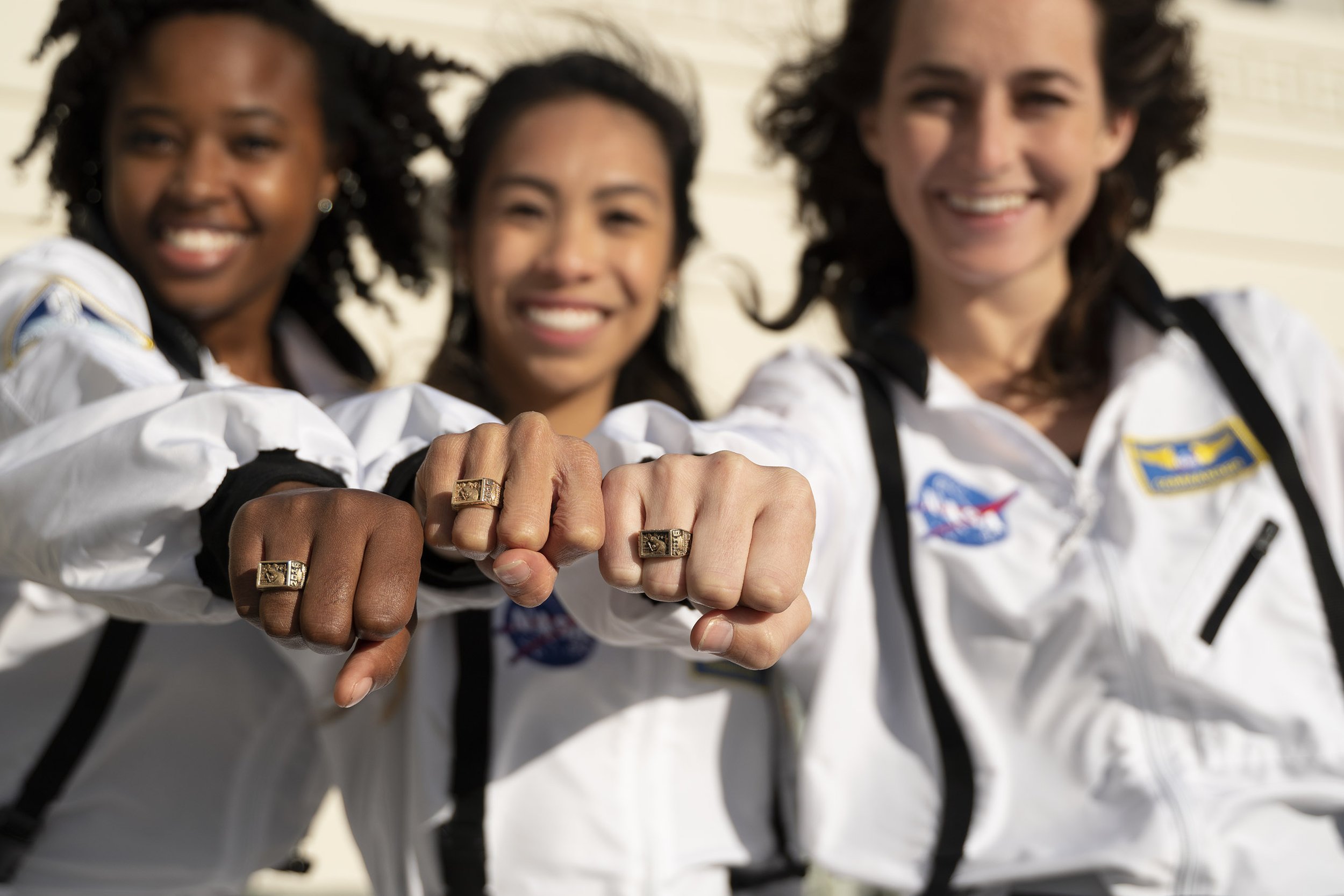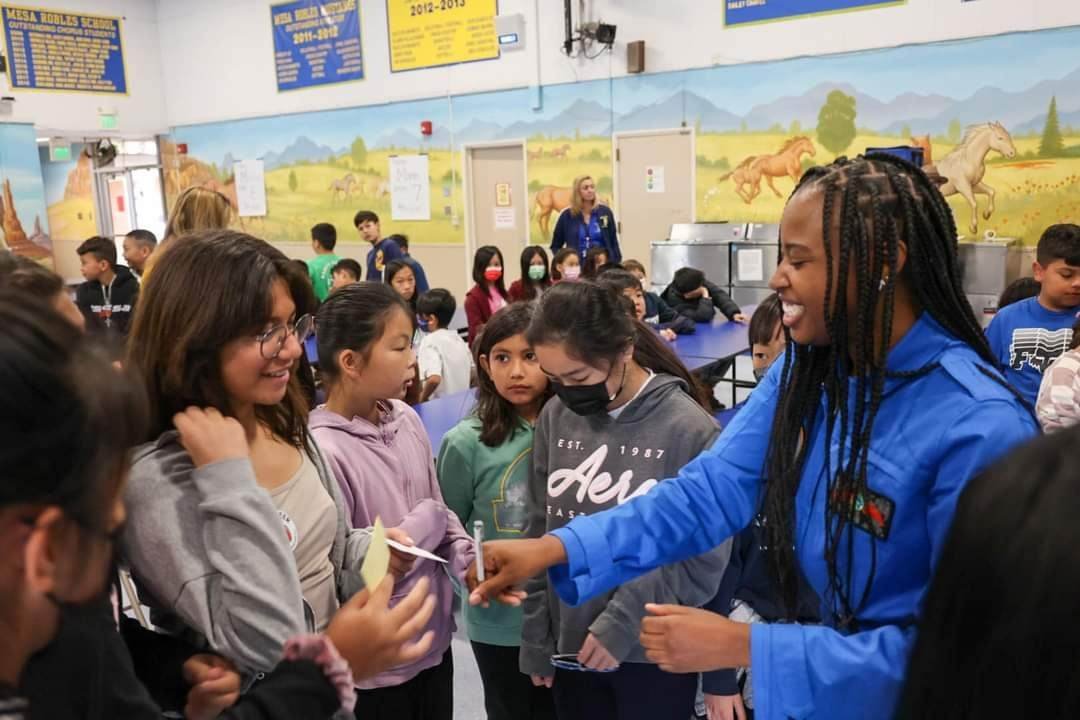
My Space Trajectory
The Beginnings of an Engineer
Growing up I never had the dream of working at NASA. It just wasn’t something that anyone I knew did, it felt as realistic as wishing to be a princess one day. But even though NASA may not have been on my radar, curiosity and learning how the world works was. Thanks to a very supportive, loving and caring family, I was able to thrive visiting both the blue and pink isles of toys stores like Toys R Us. And even though my parents were not in STEM fields, they exposed me to all sorts of potential careers. The sky was the limit.
The Pamphlet that Changed Everything
Then one day a pamphlet in the mail advertising a summer program at an unknown school (at least to me) named the Massachusetts Institute of Technology would change the course of my life. I applied after the encouragement of my mother and was accepted into the program where I learned that MIT was the school of my dreams. Once accepted as a student there, I stumbled my way into an introduction to aerospace engineering class where I learned my professor was an astronaut. From there I cultivated a love for all things space. What can we learn about our universe to help benefit humanity? How do we create space for good?
Working in Space
I have been answering these questions through my previous work at the NASA Jet Propulsion Laboratory as an instrument operations engineer and current work as a Mission Operations Engineer and Flight Director for missions to the Moon. By operating scientific instruments at Saturn, the Moon, and even our own planet Earth I have been able to help scientists answer the What’s, When’s, Where’s, and Why’s of space exploration. And by flying spacecraft I have helped pushed the boundaries of what the private sector can accomplish. The beauty of space is in the discovery, the unification of people, and the benefits to humanity. Engineering solutions to the challenges of space exploration is fulfilling with this in mind.
Moving to Japan
“So why did you quit your job at NASA and move to Japan?” The short answer is I wanted to see what else was out there. On every step of my journey, after reaching a goal it didn’t take long for me to start asking “what’s next?” No matter the milestone, there is always a question at the end for something more. And for me, I realized that my next “something” needed to bring me a fresh outlook on life. A challenge that I wouldn’t find if I stayed in the comfort of my home country, a place that has given me more opportunities than I can count. So what’s next? It’s Japan. It’s learning a new culture and language. It’s finding adventure in a life that doesn’t last forever. It’s embracing uncertainty and all the excitement, apprehension and risk that comes with it. And its also flying spacecraft to the Moon. It would have been easy to stay the course, but I’ve never been a fan of easy.
Inspiring the Next Generation
My most cherished acknowledgement from NASA JPL was when I was awarded the Bruce Murray Award for “inspiring students to engage in STEM, quenching their thirst for knowledge, and sparking a curiosity greater than the stars in the sky”. Whether I'm teaching space camp in South Korea, advising community STEM programs, or educating a class about deep space operations, I love showing students that they too are capable of reaching their dreams — even if they are as far-reaching as the stars in the sky!
Hobbies
Believe it or not, I do have interests outside of the world of space! Here are a few of them.
Follow my adventures on Instagram
You can follow both my hobbies and space work through my social media. Feel free to connect and reach out!















